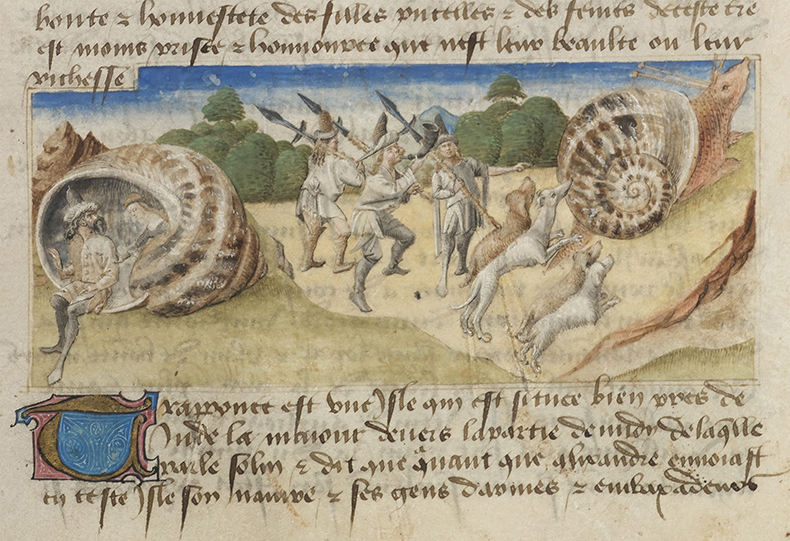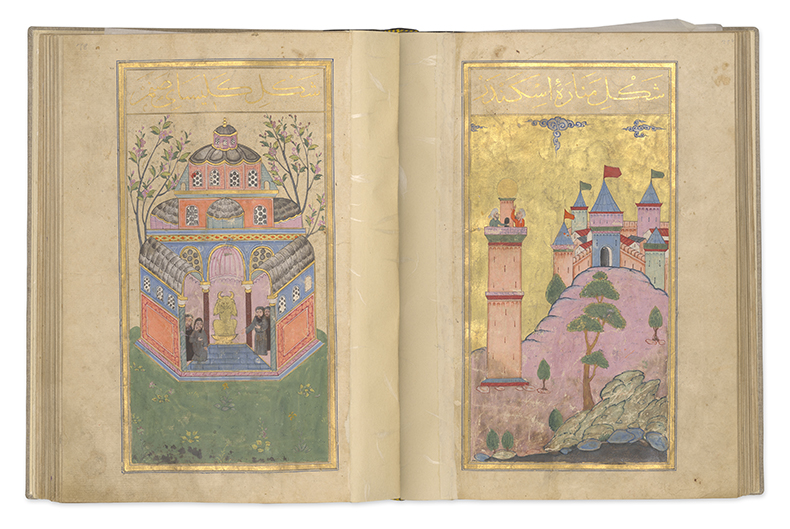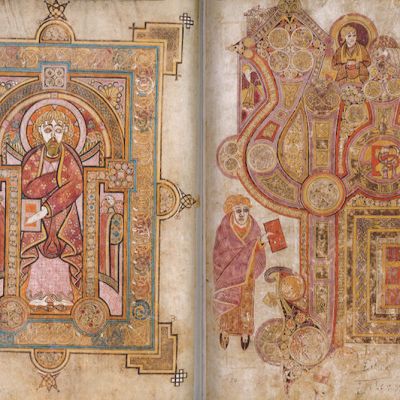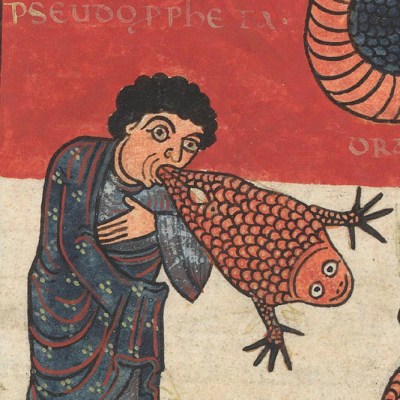House-sized snails, roaming unicorns, dog-headed men and beavers with fish-tails abound in the Book of Marvels of the World, a rich illuminated manuscript produced in France in the 15th century by the Master of the Geneva Boccaccio that depicts far-flung lands from a European point of view. Four copies of the manuscript survive, two of which are on display at this exhibition at the Morgan Library and Museum in New York (24 January–25 May). The Morgan is displaying the manuscripts, as well as contemporaneous documents such as a 15th-century German map of the world, an Ottoman book of wonders and a 12th-century English bestiary, all of which provide fascinating insights into how foreign cultures were imagined long before global travel became possible.
Find out more from the Morgan’s website.
Preview below | View Apollo’s Art Diary
Illustration of Traponee (Sri Lanka) from the Book of the Marvels of the World, c. 1460–65, by the Master of the Geneva Boccaccio, Angers. J. Paul Getty Museum, Los Angeles

Spread showing A Byzantine Church and the Lighthouse of Alexandria in The Book of Felicity, c. 1582, Istanbul. Morgan Library & Museum. Photo: Carmen González Fraile

Illustration of China from Mirror of History, c. 1475, by Vincent of Beauvais, Ghent. J. Paul Getty Museum, Los Angeles

Illustration by Johann Bämler to Book 8 (On Wondrous People), 1475, in The Book of Nature by Konrad von Megenberg, Augsburg. Morgan Library & Museum. Photo: Carmen González Fraile




